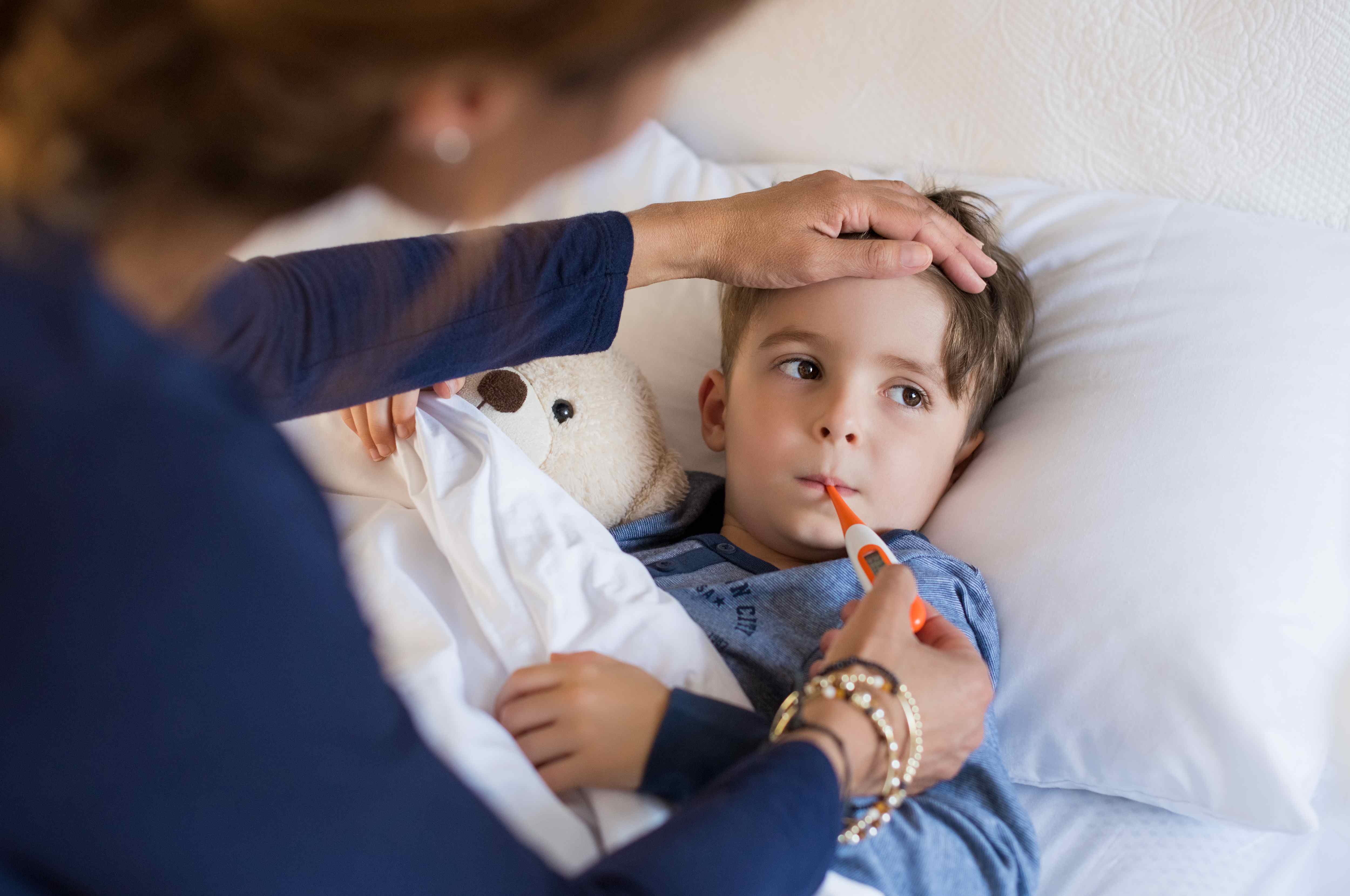How to Protect Your Child from Fall Viruses like Flu, RSV, and COVID
September 02, 2025
As colder temperatures settle in across Pasco, WA, children are spending more time indoors – whether at school, daycare, after-school programs, or even home. These enclosed spaces make it easier for fall viruses like flu, RSV, and COVID-19 to spread. And with colder air drying out nasal passages and weakening immune defenses, kids are more vulnerable than ever during the fall and winter months.
Helping protect your child this season means understanding how these viruses spread and what symptoms to watch for. A few simple prevention strategies can go a long way.
Why Are Fall Viruses More Common in Cold Weather?
Viruses thrive in dry, enclosed environments. When windows stay closed and heaters run constantly, fresh air doesn’t circulate as well – which allows viruses to linger. Combine that with kids sharing desks, toys, and school supplies, and it’s easy to see how quickly illness can spread.
Young children are still building their immune systems and may not remember to wash their hands regularly or cover their coughs. All of this creates the perfect conditions for viruses to pass from child to child – and eventually to the entire household.
Common Viruses to Watch This Season
1. Influenza (Flu): The flu virus is highly contagious and can spread through coughs, sneezes, or touching surfaces. Symptoms include fever, chills, sore throat, body aches, and fatigue. Children often recover in a few days but may develop complications if left untreated.
2. RSV (Respiratory Syncytial Virus): RSV is a frequent cause of bronchiolitis and pneumonia in babies and young children. It often begins with cold-like symptoms but can progress to wheezing, trouble breathing, or dehydration, especially in infants.
3. COVID-19: While it may be milder in kids, COVID-19 can still cause fever, cough, sore throat, and fatigue. Kids can transmit the virus to siblings and family members, even if they feel fine.
What You Can Do to Protect Your Child
Encourage Proper Handwashing: Show your child how to wash hands thoroughly with soap and water for 20 seconds. Handwashing should happen before meals, after school, and after coughing or sneezing.
Stay Home When Sick: If your child has a fever, cough, or sore throat, it’s best to keep them at home. Most schools recommend staying home at least 24 hours after a fever ends without medicine.
Improve Indoor Air Quality: Use HEPA filters or open windows when the weather allows. Good ventilation can reduce airborne virus spread, especially in common family areas like the living room or kitchen.
Disinfect Shared Surfaces: Regularly wipe down items like tablets, phones, doorknobs, remote controls, and backpacks – all common virus carriers.
Review Vaccine Options: Talk to your pediatrician about annual flu shots and the latest COVID-19 vaccine options. If your child is under 2 or has underlying health issues, ask if they may benefit from RSV protection. Visit the CDC Flu guide, CDC COVID vaccine info, or RSV guide for more details.
Teach Symptom Awareness: Help your child learn to recognize when they don’t feel well — and encourage them to speak up if they feel sick during school or daycare.
When to Call Your Pediatrician
While most seasonal illnesses can be managed at home, reach out to your child’s healthcare provider if you notice:
Breathing difficulties or wheezing
Fever over 100.4°F lasting more than 3 days
Dehydration (dry lips, sunken eyes, no tears when crying)
Vomiting or poor appetite lasting more than a day
Increased sleepiness or unusual fussiness
Always trust your instincts. If your child isn’t acting like themselves or symptoms worsen instead of improving, call your pediatrician or seek care immediately.
Why It Matters in Pasco, WA
In colder regions like Pasco, WA, virus activity tends to spike later in the season – often between November and January. That makes fall the perfect time to get ahead with prevention and prepare your household before winter illness reaches its peak.
Support for Your Family Starts Here
At Lourdes Health, our pediatricians understand how quickly seasonal viruses can affect your child and your household. We’re here to help you navigate flu season with trusted care, guidance, and resources.
